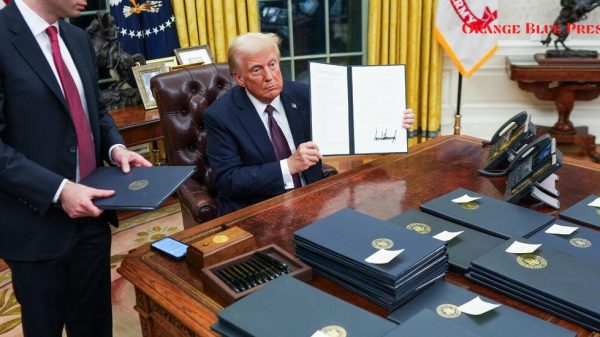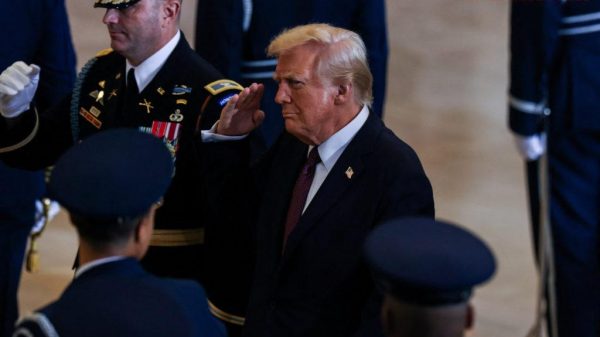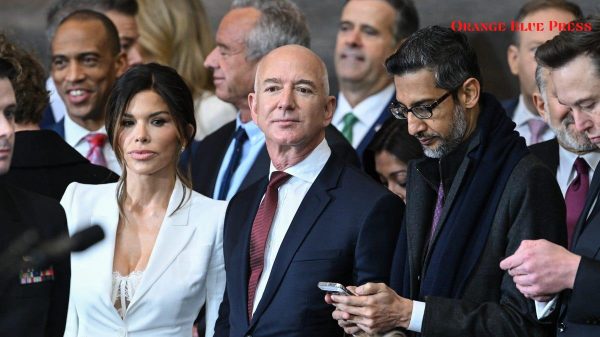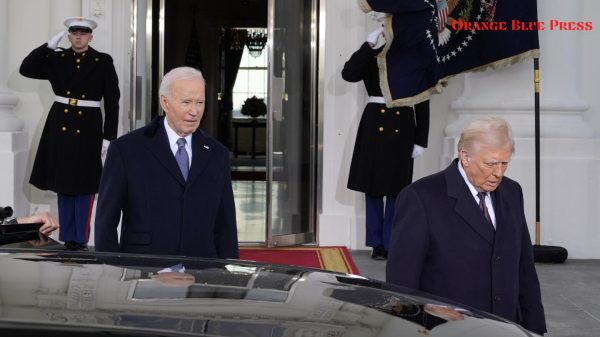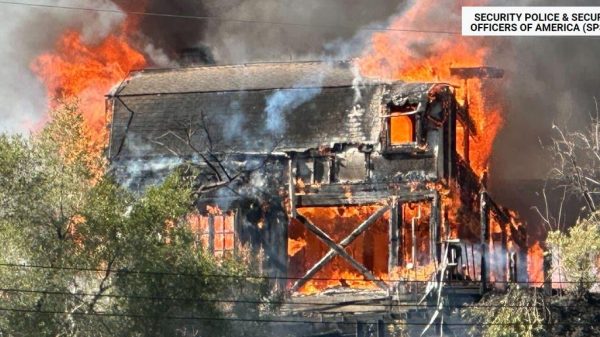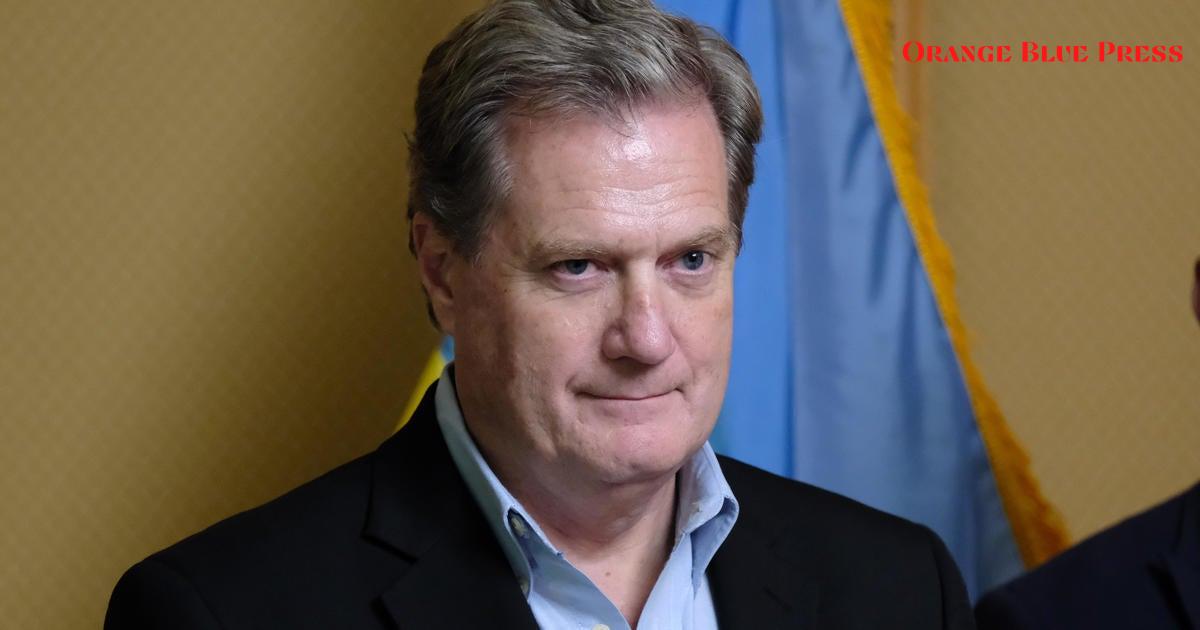In a surprising move that has caught the attention of many, House Speaker Mike Johnson announced on Wednesday that Representative Mike Turner will no longer serve as chairman of the House Intelligence Committee. This decision raises important questions about the future direction of the committee and the impact on national security debates.
What Led to Turner’s Removal?
Speaker Johnson stated that the change was necessary for a ‘fresh start’ in the new Congress. While he praised Turner’s previous work, Johnson cited unspecified ‘concerns’ as a reason for the shift. Many wonder what these concerns entail, especially given the crucial role the committee plays in overseeing intelligence operations across the country.
Concerns from Both Sides
Turner’s ousting has sparked reactions from both Republicans and Democrats. Top Democrat Jim Himes expressed that the decision was a ‘huge blow’ to the independent oversight that Turner provided. This statement highlights the outcry from those who valued Turner’s willingness to stand up for non-partisan intelligence practices, which is vital in today’s politically charged environment.
Replacing Turner: What to Expect?
Replacing Turner will be Representative Rick Crawford from Arkansas, who has pledged to continue focusing on the oversight of the intelligence community. This transition indicates a potential shift in how intelligence matters might be handled, as new leadership often brings new approaches to problem-solving.
Turner’s Contributions and Challenges
During his time as chairman, Turner was not without his challenges. He faced criticism from the House Freedom Caucus over his stance on the Foreign Intelligence Surveillance Act (FISA) and his ongoing support for Ukraine amidst the ongoing conflict with Russia. These issues created tension within his party, demonstrating the complexities faced by leaders in Congress.
What Comes Next?
The multitudes of responses to Turner’s removal hint at much greater implications for bipartisan cooperation in the House. Members of the GOP have expressed concern over how this shift might impact the effectiveness of legislative efforts moving forward, particularly those that relate to President Trump’s policies. Meanwhile, many Democrats are voicing concerns about the implications of political influence on crucial national security positions.
Acknowledging Turner’s Accomplishments
In his statement following the announcement, Turner expressed pride in his committee leadership, reflecting on the work he has done throughout his tenure. The change in leadership is not just a moment of loss for Turner, but also a time to consider what leadership tactics will be adopted by Crawford and how these may affect future oversight activities.
What Will This Mean for National Security?
The backdrop of this leadership change raises serious questions about its impact on national security and intelligence oversight, as Speaker Johnson previously appointed several Trump loyalists to the committee. The dynamics at play suggest that viewers will have to keep a close eye on how new appointments and committee directions evolve in the coming months.
Conclusion: The Road Ahead
The unfolding situation of Turner’s departure from his leadership role will certainly leave an impression on Congress and its diverse players. As we move forward, understanding how the new leadership under Crawford will address the myriad of challenges in intelligence will be crucial for both lawmakers and the American public who rely on these services for safety and security.










